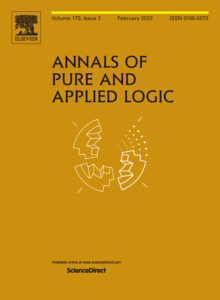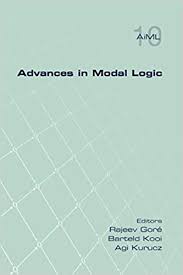Epistemicization of Non-classical Logics
Publication Types:

Inquisitive Logic as an Epistemic Logic of Knowing How
In this paper, we present an alternative interpretation of propositional inquisitive logic as an epistemic logic of knowing how. In our setting, an inquisitive logic formula α being supported by a state is formalized as “knowing how to resolve α” (more colloquially, “knowing how α is true”) holds on the S5 epistemic model corresponding to the state. Based on this epistemic interpretation, we use a dynamic epistemic logic with both know-how and know-that operators to capture the epistemic information behind the innocent-looking connectives in inquisitive logic. We show that the set of valid know-how formulas corresponds precisely to the inquisitive logic. The main result is a complete axiomatization with intuitive axioms using the full dynamic epistemic language. Moreover, we show that the know-how operator and the dynamic operator can both be eliminated without changing the expressivity over models, which is consistent with the modal translation of inquisitive logic existing in the literature. We hope our framework can give an intuitive alternative interpretation of various concepts and technical results in inquisitive logic, and provide a powerful and flexible tool to do inquisitive reasoning in an epistemic context.

An Epistemic Interpretation of Tensor Disjunction
In this paper, we present an epistemic interpretation of the tensor disjunction in dependence logic, inspired by the weak disjunction studied by Medvedev under a formalized BHK-like semantics. To put the tensor disjunction in the same picture with intuitionistic and classical disjunctions, we give an alternative epistemic semantics to inquisitive logic with tensor, studied by Ciardelli and Barbero (2019). We then use a much more powerful epistemic language with propositional quantifiers to give a complete axiomatization where the non-classical formulas are reduced in the system to classical but epistemic ones. It also turns out that the idea of the tensor disjunction can be generalized greatly without adding expressive power, resulting in a (k, n)-parametrized general tensor that captures the epistemic state that knowing k out of n given answers to the corresponding n questions are correct. The standard tensor is simply a special case where k=1 and n=2.
